
South Korea aims at increasing tax on thermal coal
The share of coal is expected to decrease to 36% by 2030.
The South Korean government intends to increase the domestic tax on thermal coal by KRW10/kg ($0.89c) to KRW46/kg ($4.1c/kg), while lowering the tax on LNG-fueled power generation from KRW91.4/kg ($8.2c/kg) to KRW23/kg ($2.1c/kg) starting from April 2019. However, the tax change still requires to be approved by the Parliament.
As per the current 15-year power supply plan that was published in January 2018, the share of coal is expected to decrease to 36% by 2030 while that of nuclear would dip to 24%. These two energies, which currently account for more than 70% of the power mix, would still account for more than half of the country's total power generation in 2030.
By 2030, renewable capacity should increase from 11.3 GW in 2017 to 58.5 GW, in order to cover 20% of total electricity consumption by this date (up from the current 6%).
This article was originally published by Enerdata.
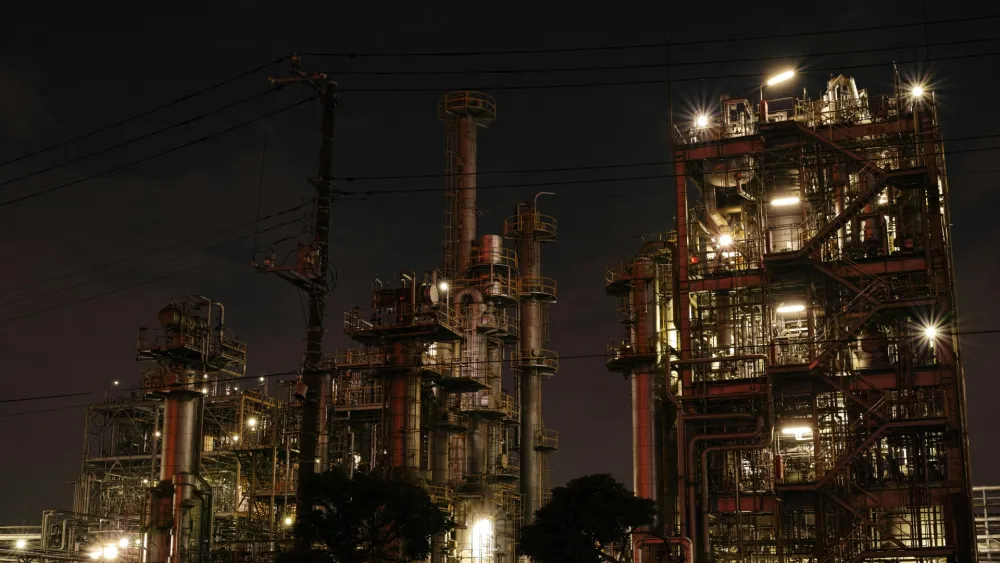
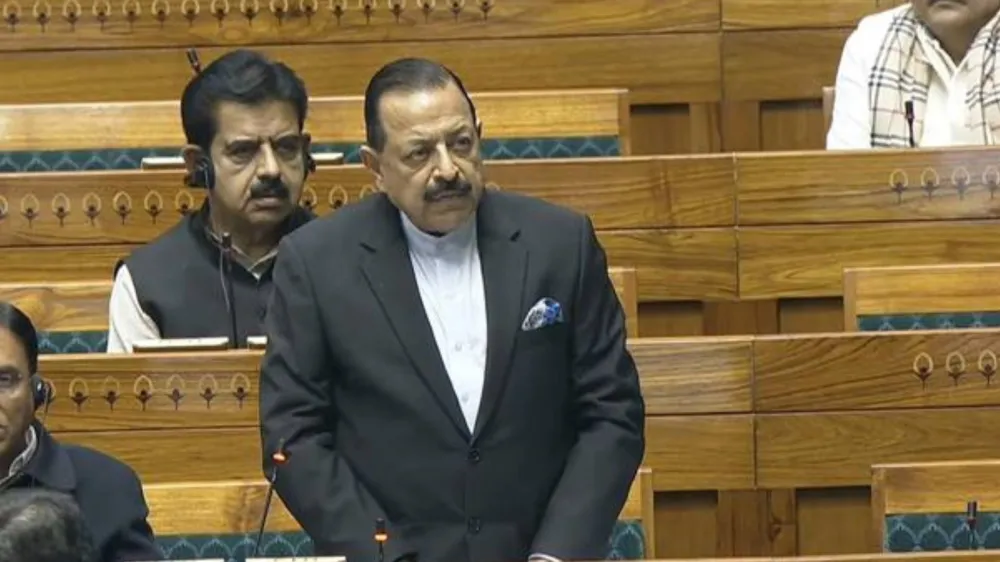
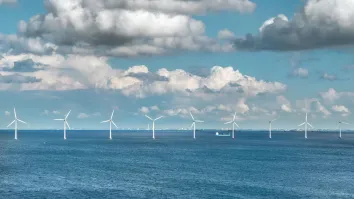
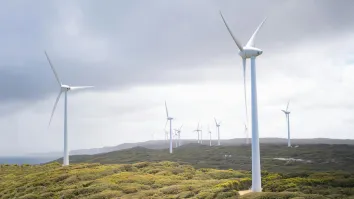
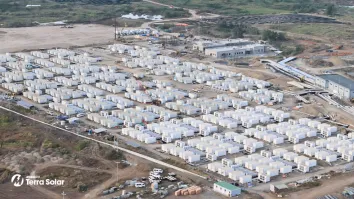
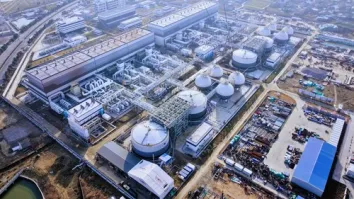













 Advertise
Advertise









